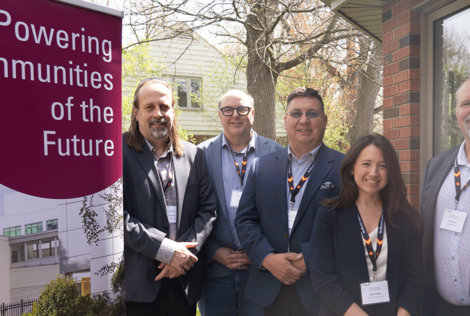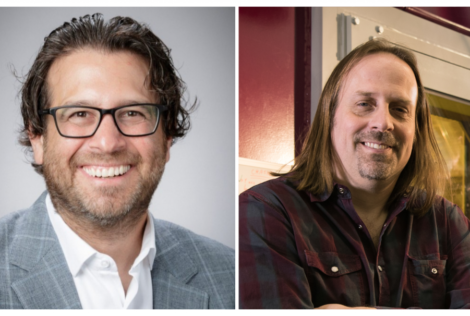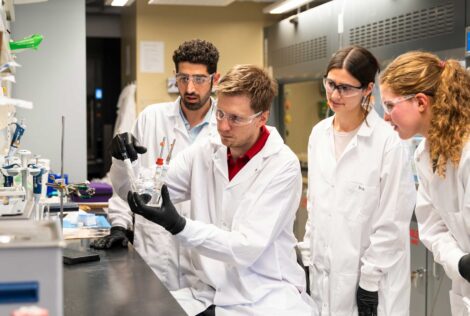
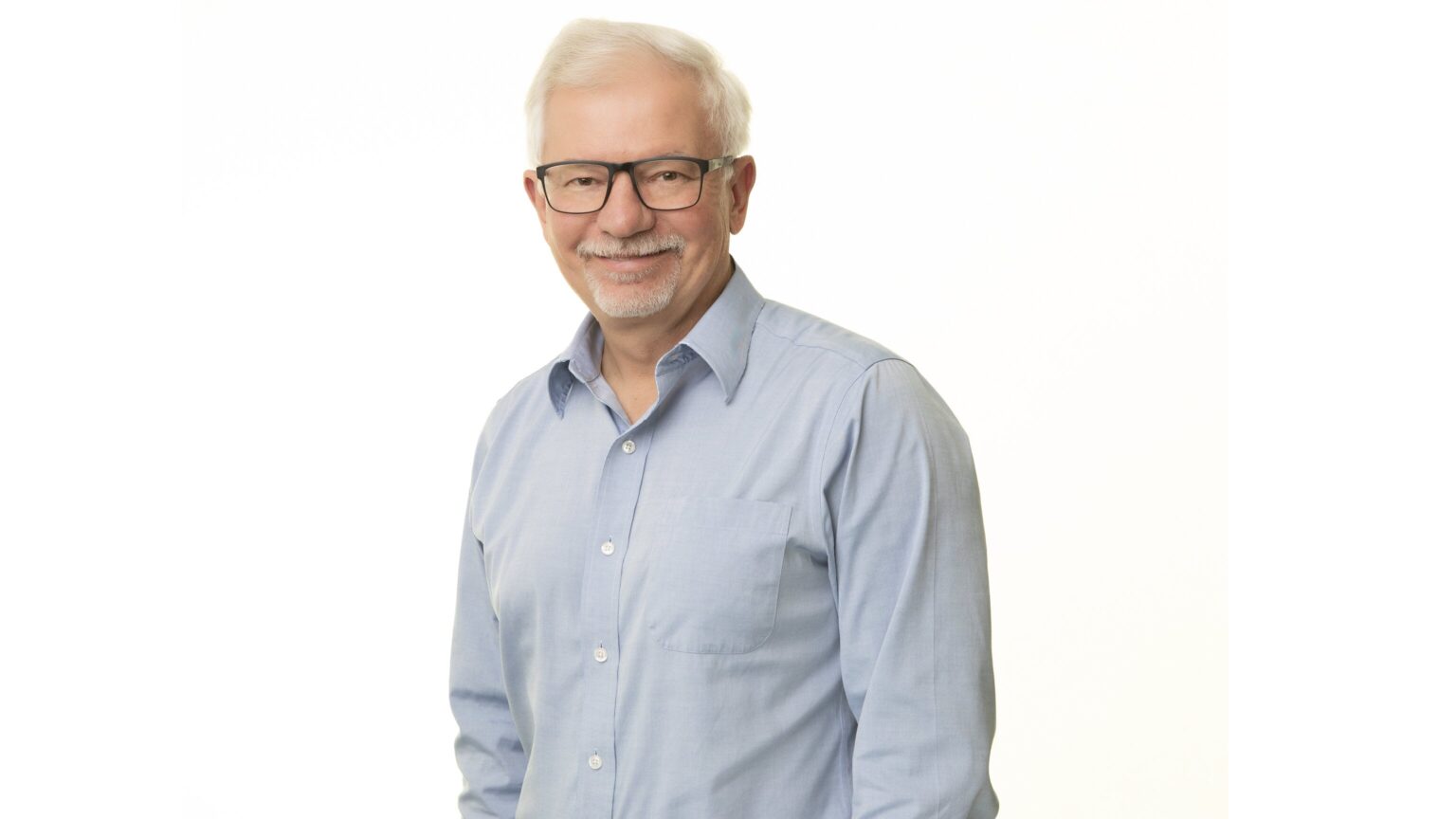
John Preston, the outgoing Associate Dean of Research, Innovation and Partnerships in McMaster’s Faculty of Engineering, is known for his willingness to challenge the status quo. Preston can often be found offering strategic guidance over a cup of coffee, always with a story and a touch of humour.
Preston’s bold approach has significantly contributed to his success in expanding the faculty’s research enterprise. Under his leadership, the scope and capacity of engineering research at McMaster have grown remarkably, resulting in a 70% increase in funding since he took office.
He has also been instrumental in enhancing the undergraduate research experience, creating programs that offer professional development, fostering partnerships to build talent pipelines, encouraging student entrepreneurship and providing ample opportunities for students to work in labs both on and off campus. This comprehensive approach has enabled the faculty to host one of the largest cohorts of undergraduate researchers in the country.
Carlos Filipe, the current chair and professor of chemical engineering, is set to begin a five-year term in July.
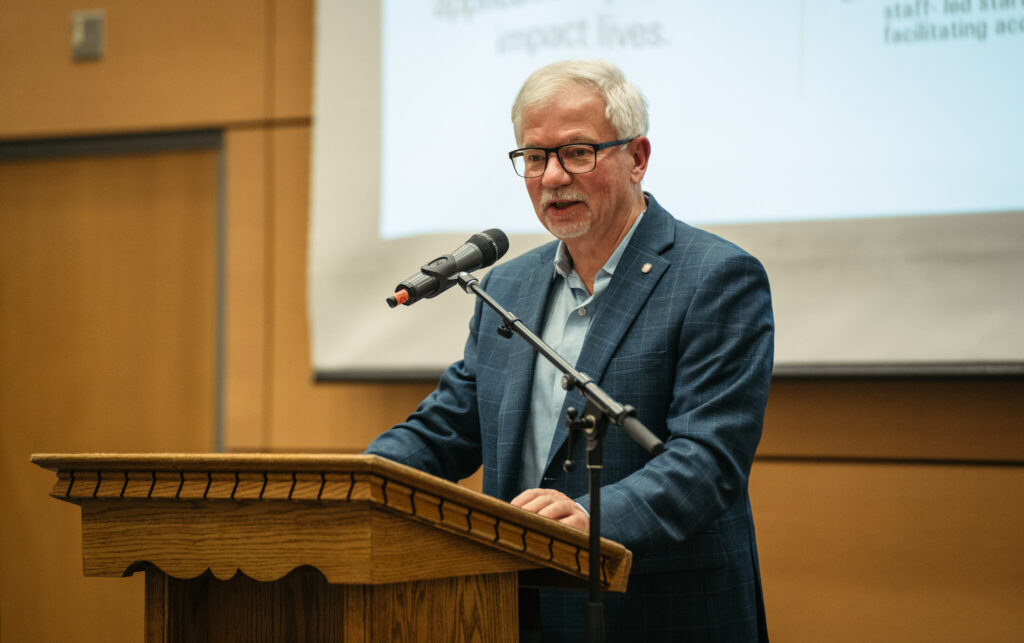
As he wraps up his term, Preston reflects on the milestones achieved and the legacy he leaves behind, setting the stage for continued success within the Faculty.
Why is your research, partnership and innovation portfolio so important to the Faculty of Engineering?
I think research is important within the faculty because it’s one of the things that we contribute to society; we develop new innovations that make a change in how we do things out in the world. But it’s hard to do, so not every research project is going to lead to an outcome that you see in day-to-day life. In fact, the vast majority do not. But by being involved in that research and then bringing our students, postdocs, research engineers and others along with us, and our research partners, we develop a culture of innovation.
With our students, we, of course, are training them to not just understand their engineering and science backgrounds, but also how to deploy that in ways that can lead to new outcomes and improvements. The best way to train students is to get involved in a big, ambitious project and have the students work on it alongside us.
What is your proudest moment over ten years in this role?
I am most proud of the way our Faculty responded during the early days of the pandemic. Some of our groups were able to contribute directly to the effort to produce PPE and pivoting from that to working with other manufacturers of PPE to validate it. Stephen Veldhuis’s group produced a ventilator in the very early days when we thought that was going to be important. The whole attitude of trying to look for ways to contribute, even with the hope that it wouldn’t be needed in most cases, was remarkable.
We had a very close relationship with the hospitals during that time, and we knew they were under extraordinary pressure. When we were able to do something that made their task a little bit simpler, it was very gratifying. In addition to that, after a brief shutdown, all of our research came back to life. We took all the safety precautions we could imagine, trying to learn about public health on the fly—social distancing versus ventilation versus surfaces, all that wasn’t understood at the time. We really worked hard and continued to get all the research done. With the safety procedures we put into place, we never had a case of transmission through our research labs. I’m proud of the fact that we were able to implement procedures on the fly and keep everybody safe while still being productive.
Outside of that, I’m proud of some of the research spaces that we’ve been able to produce. But mostly, I’m proud of the faculty for being so competitive in the research arena. Our research activities and top researchers are quite nice human beings, and that’s not always the case. To have a place committed to excellence and a culture of respect and kindness is special.
What’s a major change you have seen in the Faculty that has advanced research, innovation and partnerships?
If you go back 10 years, the faculty thought of ourselves as diverse, but we knew we had work to do. We were earlier than the rest of the university in working on developing structures within how we hire. It started in faculty hiring and then staff hiring followed along from that process. It seemed like, overnight, you looked and realized we really are much more diverse than before. That was important.
I’m proud of the fact that our faculty has increased the number of young women enrolling in engineering. We’re approaching gender parity in many of our programs. It’s important that most of our programs have multiple women faculty members who can support each other and compare notes, so we’ve moved away from tokenism. I’m proud of the way we responded to the Black Lives Matter movement and advanced meaningful change and addressed representation with hiring initiatives.
I’m excited about the forthcoming initiatives that help improve Indigenous representation. We now have the American Indigenous Science and Engineering Society chapter at Mac Eng and new Indigenous faculty coming on board. There’s great outreach happening. This isn’t strictly technical, but engineering innovation needs to tie into societal aspirations for a more just society. That’s the secret to making significant changes. Whether it’s the energy transition, the electric city initiative, or health initiatives, these will involve more than just deploying cool engineering gizmos. They will be part of a larger framework. This approach defines and distinguishes us from other leading engineering schools, as we weave societal needs and technological innovation better than most.
What legacy do you hope to leave behind in this role?
McMaster Engineering is a special place. People who have a career with McMaster Engineering are privileged in a real sense. Although there are frustrations and difficulties, most people should come to work with a smile and leave with a smile. We should have fun, and working here should be seen as a great opportunity. This is a wonderful opportunity to be an agent in making society better—engineering a brighter future.
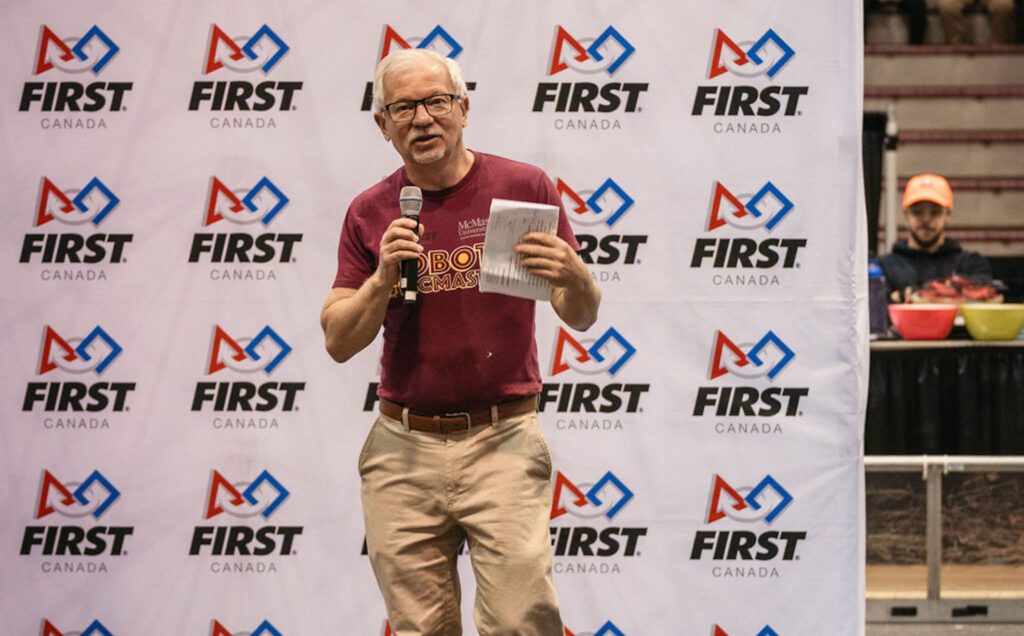
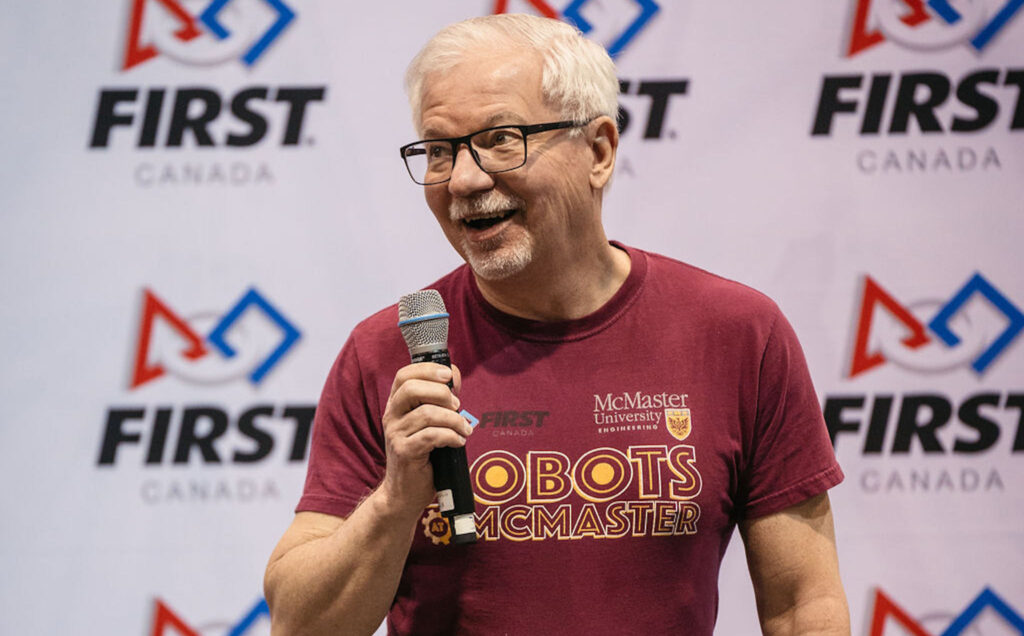
I hope that I brought a sense of fun to the whole thing. I hope that Carlos, when he takes over, will continue that. The Associate Dean for Research, Innovation, and Partnerships should also be the Associate Dean that manages the fun portfolio. We should look for things that help inspire us to continue to do great things because they’re not easy, but they can be fun.
What’s on the horizon for you?
I will continue to teach, and I’m looking forward to that. I think what I bring to teaching is different than it was before. This role has changed what I can contribute to teaching. My background is in physics, so I could teach physics courses. I’ve taught first-year physics in the past. I could teach electromagnetism, optics and those sorts of things. But currently, I’m teaching a second-year course that’s more about design and innovation in big projects and how they interact with society. This role has made me more involved in that, and I feel like I can pull out real-world examples for the students.

